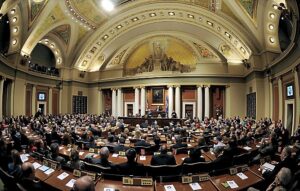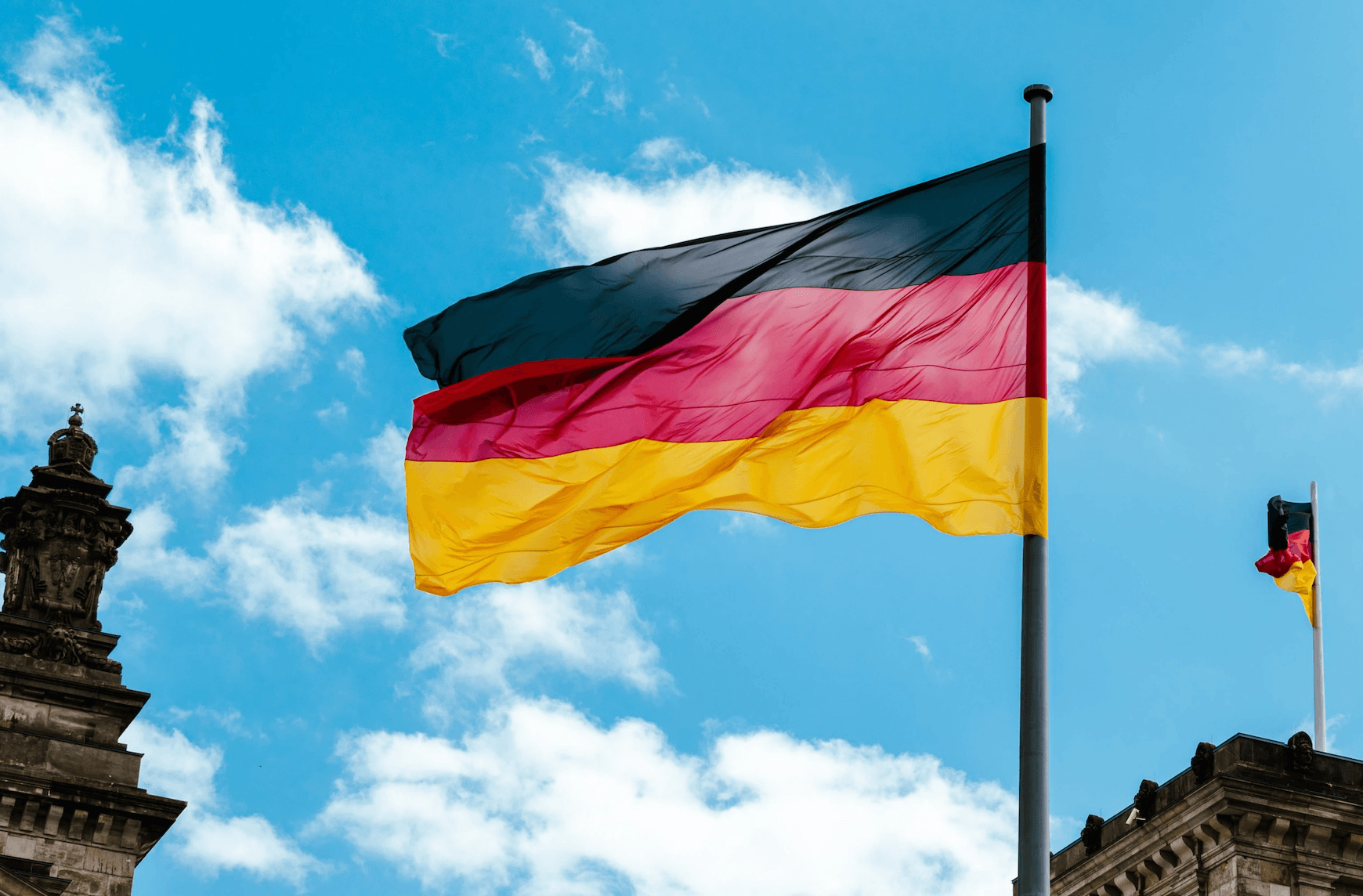Will 2025 Be The Year For Minnesota Sports Betting?
Share This Tags
Minnesota Legislature
Minnesota’s journey towards sports betting legalization has been a protracted one, marked by numerous legislative attempts and negotiations between key stakeholders. Over the past six years, lawmakers have made concerted efforts to introduce and refine sports betting bills, each time facing a unique set of challenges and obstacles. The state’s political landscape, which is evenly split between liberals and conservatives, has added an extra layer of complexity to the process, requiring delicate compromises and consensus-building.
The 2024 legislative session in Minnesota saw a renewed push for sports betting legalization, with a bill championed by Representative Zack Stephenson. This proposal aimed to grant the state’s 11 Native American tribes exclusive authority over sports betting, allowing them to operate sportsbooks at their casinos and offer mobile betting platforms. The bill also included provisions to direct a significant portion of the projected $88 million in annual revenue towards charitable gaming entities, horse racing tracks, problem gambling programs, and youth sports initiatives.
Despite the progress made in the 2024 session, the sports betting bill ultimately fell short of passing. A key sticking point was the issue of “prop bets” on collegiate events, which was a dealbreaker for some state officials. Additionally, the delicate balance between the interests of the tribes, tracks, and other stakeholders required careful negotiation and compromise, a process that often proves challenging in the political arena.
As Minnesota contemplates its next steps, it can draw valuable insights from the experiences of its neighbouring states. Wisconsin, Iowa, North Dakota, and South Dakota have all legalized sports betting, with varying approaches and levels of success. These regional examples can inform Minnesota’s policymakers as they seek to craft a comprehensive and inclusive sports betting framework that addresses the unique needs and concerns of their constituents.
Despite the setbacks, sports betting proponents in Minnesota remain optimistic about the future. The 2024 legislative session demonstrated that a viable compromise could be reached, one that satisfies the interests of the tribes, tracks, and other key stakeholders. As the state prepares for the 2025 legislative session, lawmakers and industry leaders will likely renew their efforts, building on the progress made and exploring new avenues for consensus.
One of the primary motivations for legalizing sports betting in Minnesota is the desire to curb the thriving illegal market. The Sports Betting Alliance, a lobbying group representing industry giants like FanDuel, DraftKings, BetMGM, and Fanatics, has expressed a keen interest in this issue, noting the need to limit the reach of the illicit market as the state prepares to revisit the legalization efforts.
The outcome of the November 2024 elections in Minnesota could have a significant impact on the future of sports betting legalization. Depending on the results, the political landscape may shift, either facilitating or hindering the progress of the sports betting bill. Voters will play a crucial role in determining the composition of the state legislature and the priorities of the incoming administration, which could ultimately shape the trajectory of the sports betting debate.
Should Minnesota succeed in legalizing sports betting, the state stands to reap a range of benefits. Beyond the direct economic impact, the legalization of sports betting could provide much-needed funding for charitable gaming entities, horse racing tracks, problem gambling programs, and youth sports initiatives. Additionally, the ability to attract major national sporting events to the state could further bolster Minnesota’s reputation as a hub for sports and entertainment.
As Minnesota contemplates the legalization of sports betting, the issue of responsible gambling measures will be of paramount importance. The state’s policymakers will need to strike a delicate balance between embracing the economic opportunities presented by sports betting and ensuring robust safeguards to protect vulnerable individuals and mitigate the risks of problem gambling.
Given the even split between liberals and conservatives in the Minnesota legislature, the path to sports betting legalization will likely require a concerted effort towards bipartisan cooperation.



 2024-09-22
2024-09-22














